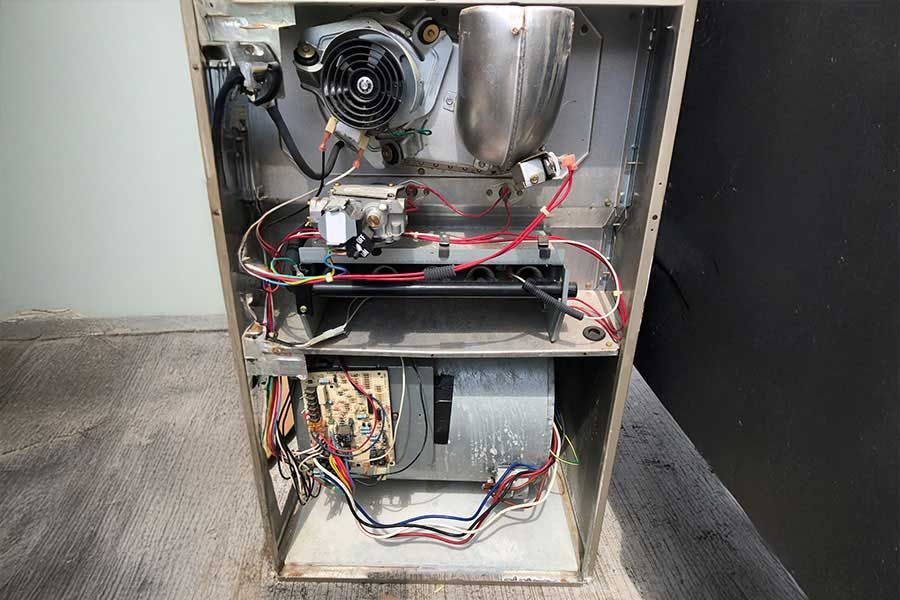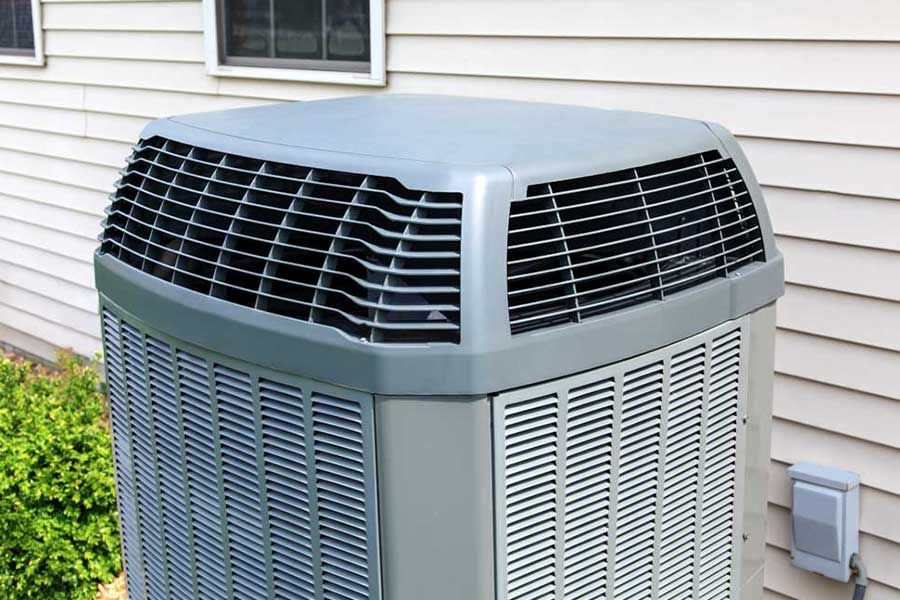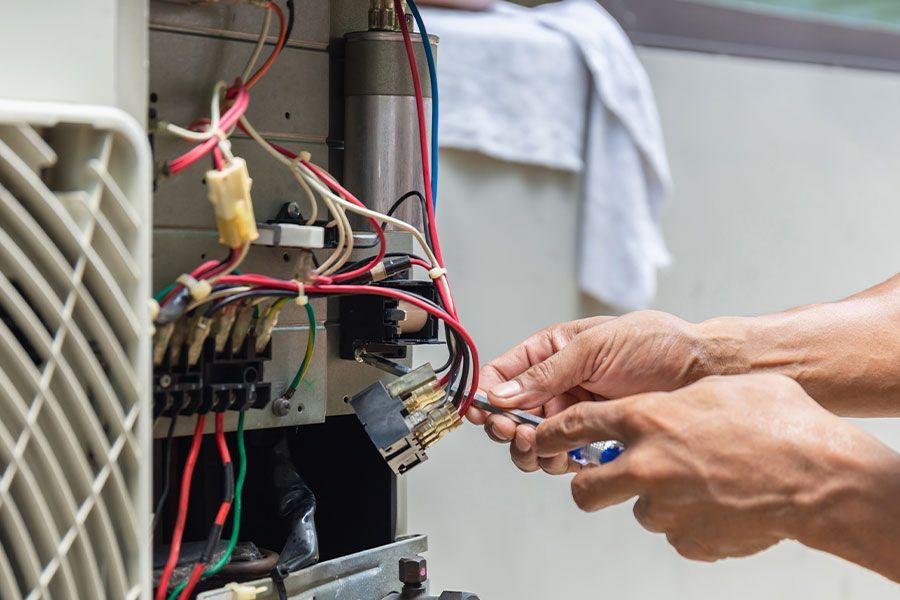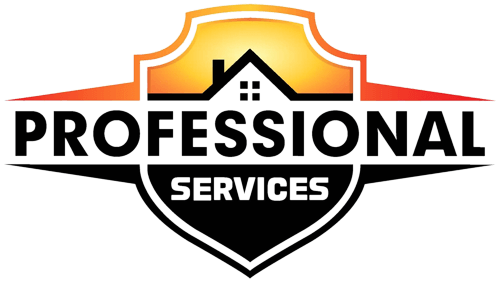Buying a Home With an Old HVAC System: What You Should Check
When looking for a new home, you want safety and comfort. Touring one house after another gets exhausting and confusing. A house may look beautiful and spacious, but if you don’t know how to inspect a property correctly, you may find yourself dealing with some expensive problems.
If you’re buying a home with old HVAC setups, there is much to consider. When people go house hunting, they scrutinize each home’s flooring, plumbing, and structural integrity. However, they often overlook the HVAC system in their initial inspection.
Professional Services, Grafton’s professional HVAC contractor, is here to help you navigate your questions and concerns regarding buying a home with an old HVAC system.
Vent Airflow
While you’re touring a house, pay attention to the air vents. Do some vents seem to have better airflow than others? Doall the vents seem to have poor airflow? There are a few reasons this could be happening:
- Dirty air filters: If the air filters are old, the dust and dirt they collect are blocking airflow. This is not good for the HVAC system.
- Dirty air ducts: If the air ducts don’t get routine cleanings, dust and debris collect and block the airflow.
- Air duct leaks: If the HVAC system doesn’t receive routine maintenance, the air ducts can rust or crack at the seams. The air escapes through these cracks, decreasing flow to the vents.
- Vents are too small/ducts are too big: If the HVAC system needs bigger vents, it will compromise the airflow. Similarly, if the ducts are too big, the air won’t travel to the vents as it should.
- Wrong HVAC filter: The wrong HVAC filter may be restricting airflow to the ductwork.
Temperature Changes
Take note of temperature changes as you leave one room to enter another. You may notice that different rooms are dramatically hotter or colder. You may also notice varying levels of moisture in different rooms. Uneven temperatures throughout a house are the result of:
- Blockage to vents
- Weak insulation
- Blockage or leak in air ducts
- The furnace being the wrong size
- The air conditioner being the wrong size
- The HVAC system being too old
HVAC Age
When buying a home with an old HVAC system, one of the most important questions is, “How old is the HVAC system?” It’s imperative to find out how long it’s been since the unit’s installation and whether it’s still energy efficient. Be sure to get the exact model so you can research the length of time it should last.
An HVAC system can seem old but still have a few years left. Most air conditioners are good for 15 years, while furnaces usually last up to 20 years. Finding the information on your system will give you a better understanding of how long it should run.
The refrigerant in the AC unit is a factor to consider, along with the system’s age. Many older AC units use a refrigerant called R-22. The EPA banned this refrigerant in 2020. If the air conditioner in your HVAC system runs on R-22, a professional will have to modify the unit or replace it.
HVAC History
The house’s owner should be able to give you information about maintenance services and the repair history of the HVAC system. If they haven’t maintained the system, it should be a major consideration when deciding whether or not to buy the home. If the previous owner did not maintain the HVAC system properly, it will need repairs more frequently, and you will have to replace it sooner.
Insulation
If the home you’re looking to buy has old or poor insulation, the HVAC system works harder than it should to maintain the proper temperature. You will have to replace the HVAC system sooner and make repairs along the way.
Ask the seller or real estate agent about the house’s insulation. Old insulation doesn’t work as well once it settles. This can cause your energy bills to skyrocket.
Manuals and Warranties
Ask the homeowner for any manuals or warranties for the HVAC system. If the HVAC has an active warranty, it can cut back on repairs and replacement. Make sure the service contract is transferable to you and has not expired.
Manuals are great for ensuring that you’re properly maintaining the HVAC equipment. Be sure to get the exact model and any necessary serial numbers for the HVAC system before trying to find digital copies of any manuals. If the homeowner can’t locate the original manuals, you can usually find and download them online.
Inspect the HVAC Components
Check the furnace and air conditioner for rust and leaks. Turn them on and check for strange sounds or vibrations. Let them run for a while so that you can witness them working correctly.
Check the ducts and vents for rust, cracks, and moisture. Rust or cracks in the ventilation system can divert the airflow, causing the furnace or air conditioner to overheat, while moisture buildup in your ducts can breed mold and mildew and pose a health hazard.
Once you’ve looked over the HVAC system, you’ll have to decide whether the setup is worth keeping or whether you’ll need to replace it. HVAC repairs can get expensive, let alone replacing the system outright. Calling a professional HVAC technician to inspect the system may be your best bet.
Conclusion
Know what you’re paying for if you’re considering buying a home with an old HVAC setup. If you need to replace the whole HVAC system once you purchase the home, negotiate subtracting that from the cost of the house. Otherwise, see whether the current owner will replace the HVAC system before purchasing the home.
If you have concerns about an HVAC system, contact Professional Services in Port Washington, WI. We proudly serve Port Washington and the surrounding communities.
Get to know what an air handler is in the link and call us at
262-218-2636 or email us at
customerservice@professionalservicetoday.com for all your HVAC needs!
You might also like
